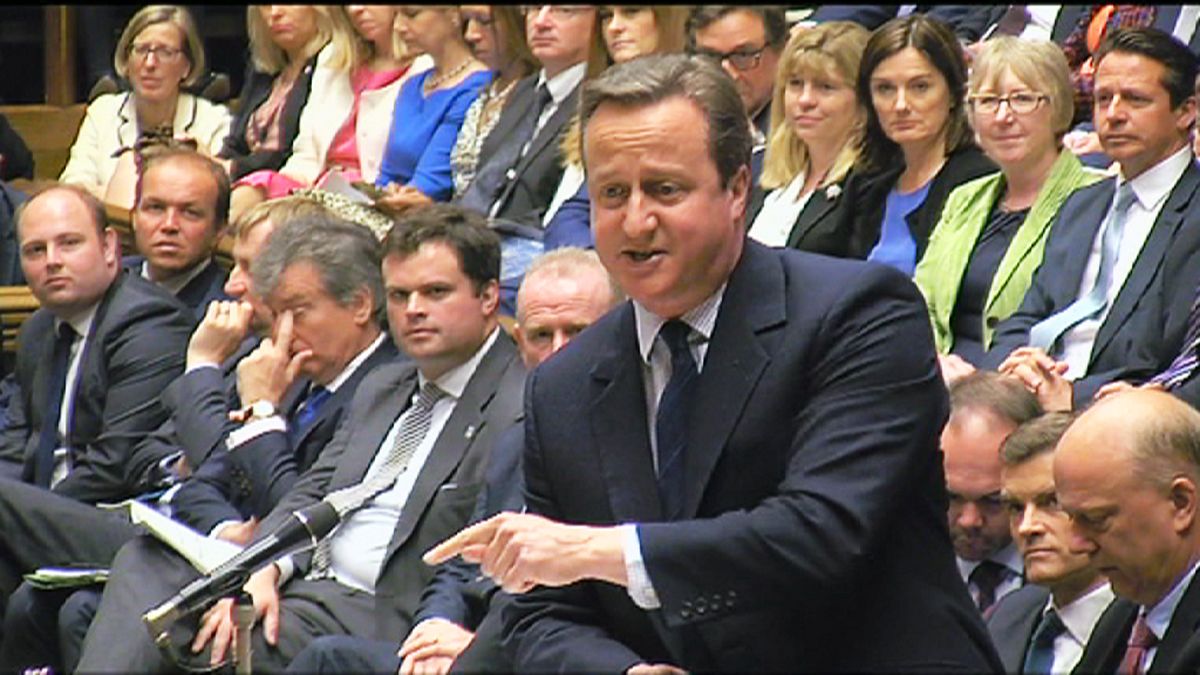David Cameron says it will be impossible to cherry-pick in Brexit negotiations with the EU, but refuses to give a timeframe for triggering Article 50.
With David Cameron freshly back from what is likely to be his last European Council meeting in Brussels, Prime Minister’s Questions was forecast to be a lively affair.
The British prime minister reiterated the calls of other European leaders that it will be impossible to have the benefits of EU membership, without the costs. Immigration versus the access to the single market is the most difficult situation to be dealt with, moving forward, he told the House of Commons. The strength of the UK economy topped the list of important topics, tied with a deal on free trade.
But, he was keen to stress the amicable nature of the discussions in Brussels saying the UK and the bloc “have a mature and calm understanding that we need each other.”
Cameron sought to underline the need for maintaining strong ties with the Union in trade, cooperation and security.
However, he maintained that it would be up to his successor to trigger Article 50, officially signalling the UK’s intent to leave the bloc. Until then, the UK would remain a full member of the European Union, nothing would change, Cameron said.
Before “going into the tunnel” of Article 50, a blueprint needs to be prepared, the costs and benefits need to be set out, with the right approach, the Conservative leader added.
“On the timing of Article 50, contrary to some expectations there wasn’t a great clamour for Britain to trigger this straight away. While there were one or two voices calling for this, the overwhelming view of my fellow leaders was that we need some time to get this right. Now, they have said no negotiation without notification, but I don’t think that excludes discussions that a new prime minister can have with partners or indeed with the institutions.”
Responding, Leader of the Opposition Jeremy Corbyn said that with a divided nation and a fragile economy, MPs needed to “build a Britain that works for everyone, in every part of the country.”
“We have a duty now to reshape and rebuild an economy for the future, one that protects social and employment rights, and (to) deliver a country in which prosperity we create is shared by all. Therefore I urge the PM and whoever his successor might be, that what our economy needs now is a clear plan for investment and not further austerity and cuts to public services.”
Corbyn’s position, it seems, is as uncertain as the UK’s. His party has overwhelmingly passed a motion of no confidence against him – something Cameron was quick to allude to.
“It may be in my party interests for him to sit there, it’s not in the national interests, and I would say: For Heaven’s sake, man, go!” Cameron cried.
